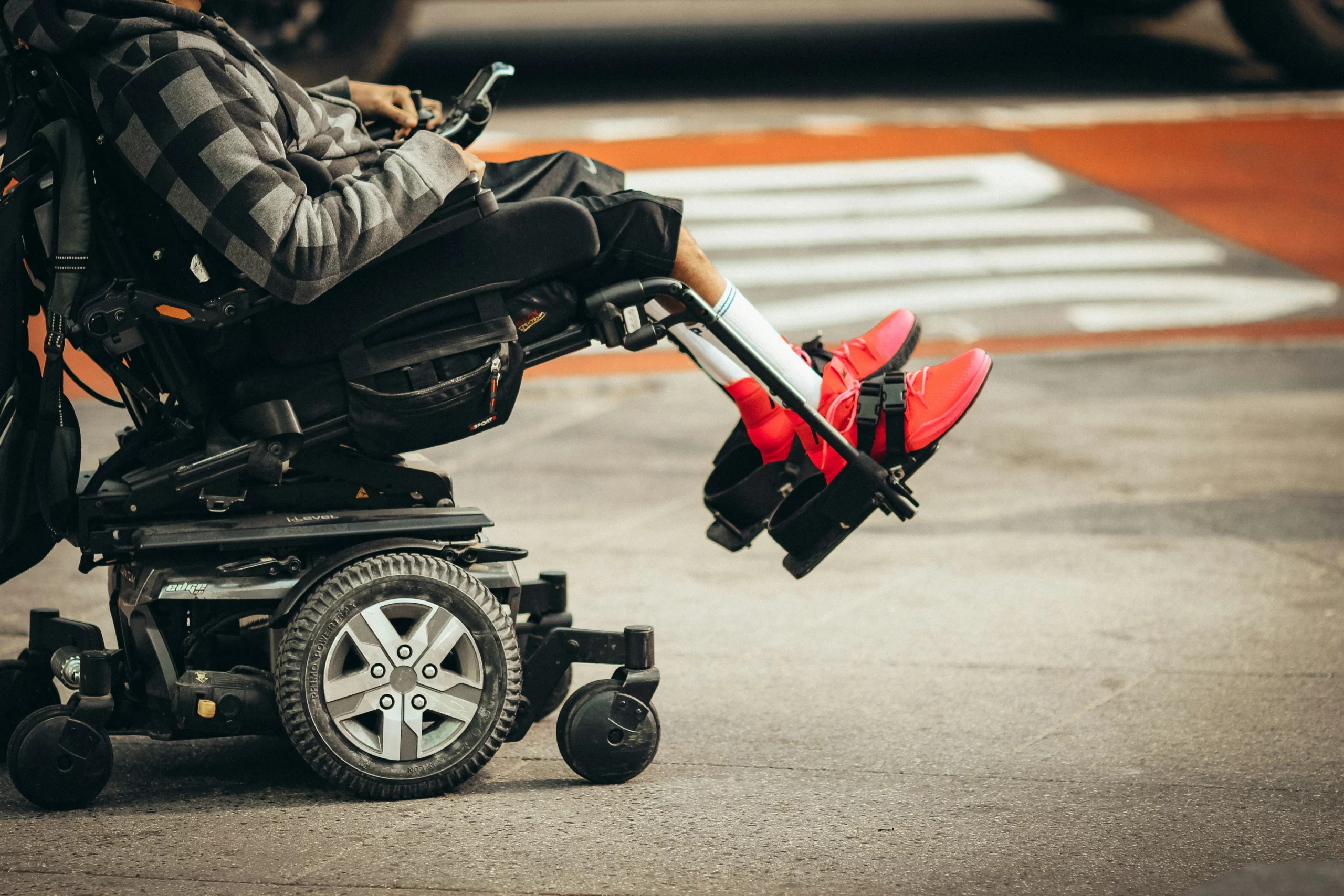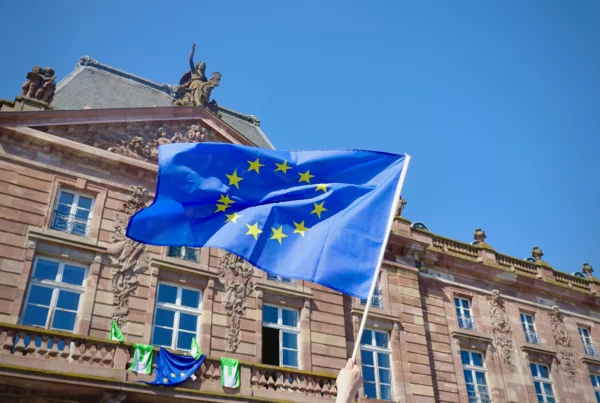Empowering local and regional governments to uphold the UN Convention on the Rights of Persons with Disabilities (UN CRPD)
In 2021, amid the launch of the new EU Strategy for the Rights of Persons with Disabilities (2021–2030), the Council of European Municipalities and Regions (CEMR) conducted a survey to assess local and regional governments’ awareness, involvement, and needs regarding the UN Convention on the Rights of Persons with Disabilities (UN CRPD). The initiative comes ten years after the EU’s ratification of the Convention, recognising that local and regional governments (LRGs) are essential actors in making its rights a lived reality.
The survey, circulated in late 2020, aimed to gauge both knowledge and engagement with the UN CRPD across Europe’s municipalities and regions. It also sought to understand how the EU and its Disability Strategy could better support local efforts. A total of 34 responses were received from 10 countries including Iceland, Romania, Scotland, the Netherlands, and Ukraine.
Key findings reveal that most respondents were aware of the Convention and had participated in its implementation, often via national dialogues, local projects, or action plans. However, they reported significant challenges, including:
- Lack of funding and staffing to develop targeted services
- Insufficient guidance on mainstreaming disability rights
- Inadequate infrastructure and facilities
- Complex bureaucratic barriers
Critically, 76% of respondents expressed the need for specific EU-level support, requesting good practice guides and capacity-building tools covering accessible housing, education, transport, health, ICT, and public life, especially for under-resourced rural and urban areas.
Even more tellingly, 91% expressed interest in peer exchange and capacity-building programmes, emphasising the value of learning from other municipalities’ experiences to improve implementation, strengthen legal frameworks, and empower disability-inclusive governance.
Good Practices Highlighted
- Scotland’s Local Government Delivery Plan for the UN CRPD, developed by COSLA, aims to enable independent, dignified living through local co-production with disabled people.
- Romania’s City of Sibiu collaborates with NGOs and ministries to deliver inclusive services, including a multi-purpose centre for people with disabilities, offering therapy, socialisation, and housing support.
- Iceland’s Local Authorities Association leads awareness-raising initiatives as part of a national disability strategy aligned with UN CRPD goals.
- The “We Are Able!” Programme, developed by VNG International, supports inclusive governance across six African countries, linking European and Global South municipalities to promote the Local Inclusion Agenda through joint learning and capacity building.
The CEMR survey confirms that local and regional governments are vital enablers of the rights enshrined in the UN CRPD. Yet, many of them face systemic barriers that prevent meaningful implementation. To succeed, they need EU-level support, more financial resources, and access to shared knowledge and good practices.
As the EU Disability Strategy 2021–2030 progresses, it must ensure that municipalities and regions are not left behind. Supporting them is not only a policy necessity but a moral obligation to build more inclusive, accessible, and equitable communities.
Empowering local leadership is key to transforming international commitments into everyday rights for all persons with disabilities, close to home.
For more information, contact:

Director – Policy & Impact






